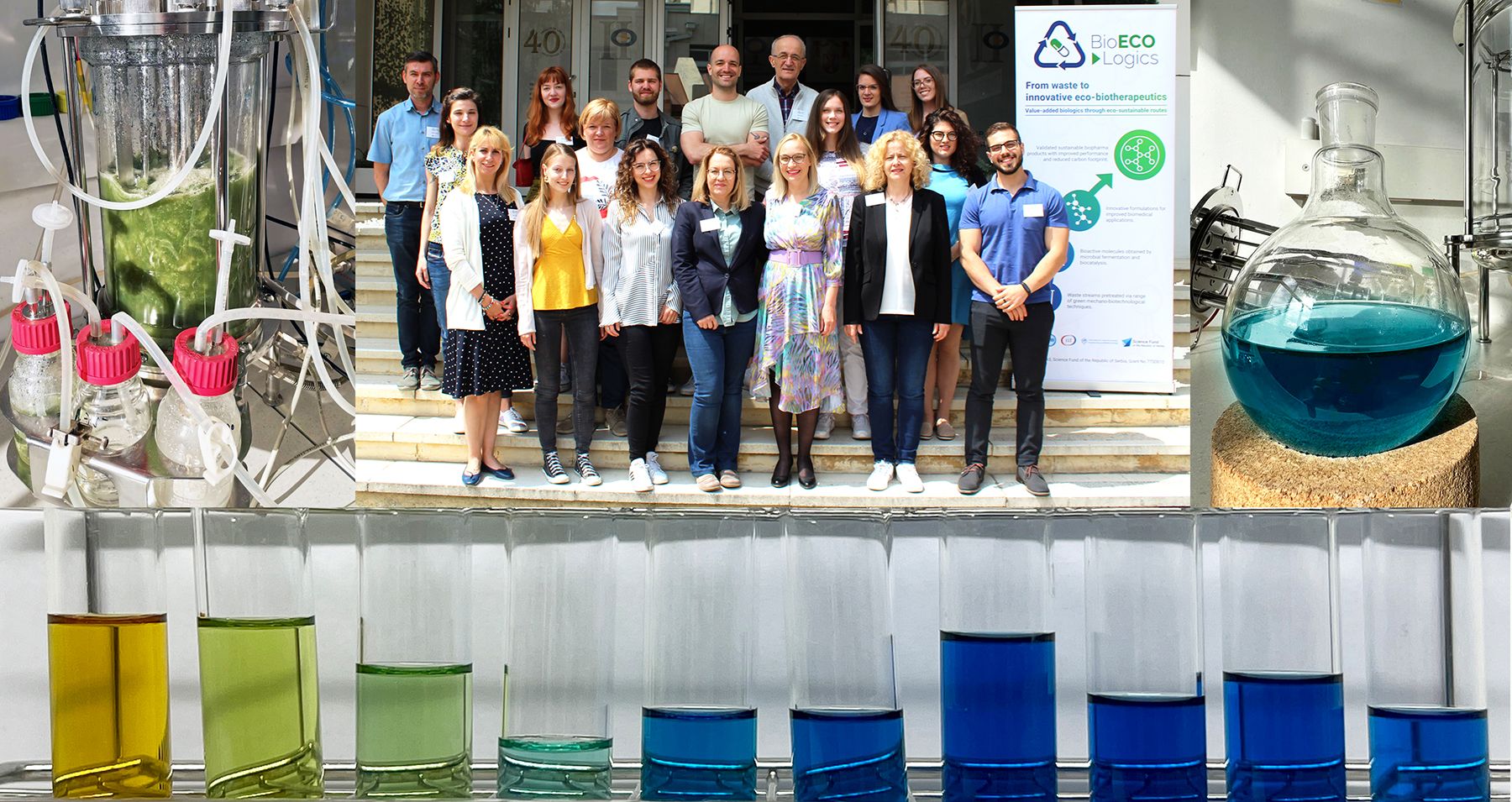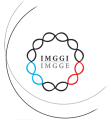BioECOLogics
Value-added biologics through eco-sustainable routes

Available biologics have revolutionized cancer treatment, proven efficient in complex infections, changed the lives of people with rare diseases, and offered hope for many patients who previously had no effective treatment options for their condition. Downside is that these biopharmaceuticals are extremely expensive and as such, not widely available. BioECOLogics will provide economic and environmental value via novel bio-upcycling and innovative formulations to obtain next generation eco-friendly therapeutics. The project will exploit the great potential of bacterially derived natural products (pyocyanin, pyrrolnitrin, pyoverdines, undecylprodigiosin and staurosporine) with proven bioactivities (i.e. anticancer, antifungal, antibiofilm, antiviral) to generate value-added biologics.
Functional 100% bio-based biologicals exhibiting advanced properties (improved activity, sustained release, synergy with essential and noble metal ions, reduced price and carbon footprint) will be produced, formulated and processed using innovative techniques such as fermentative bioprocess intensification, structural optimization via biocatalysis and formulations using essential and noble metals, as well as biopolymeric drug carriers. Therefore, BioECOLogics will result in a set of unique products that offer real solutions for a spectrum of biomedical problems. In doing so, the project contributes towards the shortage of novel biomedicines, but at the same time, recognizes EU’s 2050 long-term strategy for a climate-neutral Europe by replacing fossil-based material with a bio-based, renewable material. Novel bio-upcycling routes will be developed based on the biotechnological valorization of waste materials into new formulations of biopharmaceuticals resulting from bacterial fermentations and innovative formulations of obtained molecules.
The project approach will be transdisciplinary by combining microbiology, biotechnology, process and inorganic chemistry, and pharmaceuticals knowledge. In addition to the multidisciplinary nature, the knowledge transfers between researchers, industrial and other stakeholders will contribute positively to the overall relevance of the impact for dissemination and exploitation of results.
Program IDEAS, The Science Fund the Republic of Serbia, 7730810, 2021-2024
Principal investigator: dr Jasmina Nikodinović-Runić, IMGGI
Participants: dr Sandra Vojnović, dr Tatjana Ilić-Tomić, dr Sanja Jeremić, dr Dušan Milivojević, dr Ivana Aleksić, dr Sanja Škaro Bogojević, dr Biljana Glišić, dr Darko Ašanin, dr Nada Savić, dr Nataša Skoko, Brana Pantelić, Tina Andrejević, Nevena Stevanović,
Scientific and Research Organizations (SROs):
1) Institute of Molecular Genetics and Genetic Engineering, University of Belgrade (IMGGE)
2) Faculty of Science, University of Kragujevac (FSUKG)
3) Institute for Information Technologies Kragujevac, University of Kragujevac (IITKG)
4) International Center for Genetic Engeeniring and Biotehnology (ICGEB), Trieste, italy
For more details visit www.bioecologics.rs.


